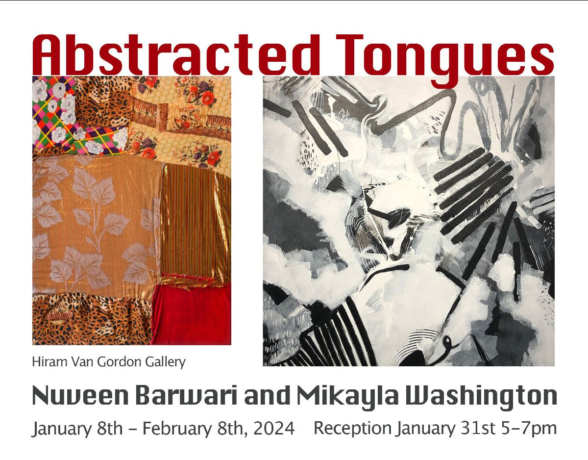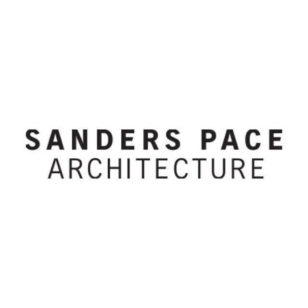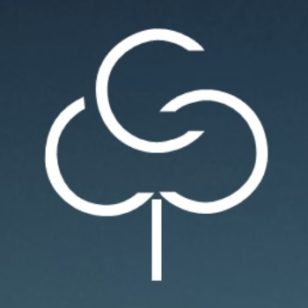
Exhibitions
NUVEEN BARWARI & MIKAYLA WASHINGTON: ABSTRACTED TONGUES
Hiram Van Gordon Gallery (Tennessee State University) / 3500 John A Merritt Blvd. January 8, 2024 - February 15, 2024
Nuveen Barwari, Mikayla Washington
Abstracted Tongues with Nuveen Barwari and Mikayla Washington will open in the Hiram Van Gordon Gallery on January 8, 2024, and run through February 15, 2024, with a reception on January 31 from 5-7 pm. Both graduates of TSU and now adjunct professors in the Department of Art and Design, the artists have many parallels but also vastly different practices and approaches to their art.
Both artists express a language of lines, form, and textures that feel true to them. Washington speaks to her mark-making as meditation and healing, and Barwari works to honor their Kurdish heritage and culture by having conversations that are hidden in patterns of textiles. Barwari utilizes sourced Kurdish clothes, fabric, and rugs as an act of resistance and education; Kurdish dresses and language are forbidden in some occupied lands. Barwari sees the importance of investigating the intricacies of assimilation and material culture to take space for those who have had to forgo a native land. Hidden in Barwari’s abstracts are embroidered words and meanings. “My mother tongue is a shard of glass, and my mouth is bleeding,” in red on a black and white keffiyeh, sharing with the audience a glimpse of what her diasporic identity and displacement mean to her.
Washington’s MFA thesis was titled Remedy and cites processing her mother’s cancer and passing and its effect on her work and being. The thoughts and visual vocabulary she adopted to process and move through the grief are reflected via pigment saturation, layers of transparency, and mark-making with her achromatic palate. Washington’s journey into a self and her inner awakening show how the hidden resistances we encounter can be processed and approached through art.
Abstracted Tongues invites the viewer to delve into our collective healing. As the artists navigate the nuances of their practices, the exhibition poses a profound question: What language will you learn, speak, or support as you unpack our shared human experience? In this dialogue of lineage, healing, and resistance, Barwari and Washington beckon us to consider the unspoken languages embedded in our stories and the transformative potential of art in processing the intricacies of the human condition.

